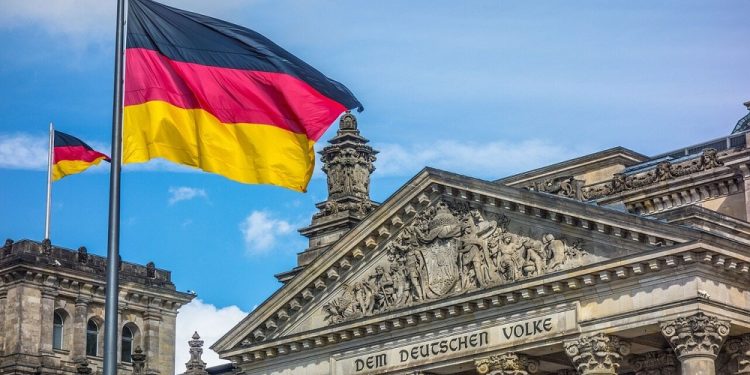
Constitution Day in Germany
On May 23rd every year in Germany, Constitution Day is a public holiday that commemorates the country’s constitution, which established the country as a democratic, social, and federal constitutional state. While this day is known as Constitution Day outside the country, it’s referred to as the Basic Law within Germany, and that’s why this holiday is known as the Day of the Basic Law.
The constitutional document of Germany wasn’t originally called a Constitution because it was supposed to be a provisional document that would be superseded by a constitution that was freely adopted by the German people. For the purpose of this holiday article, we’ll be using the terms Constitution and Basic Law interchangeably.
The History of Constitution Day in Germany
With the unconditional surrender of Germany after WWII, the borders of the country were returned to the state they were in on December 31, 1937. The country was then divided into three occupation zones by the Allied forces—one for the U.S., one for the U.K., and one for the USSR. Berlin had a special status and was occupied by all three Allied forces.
On April 8, 1949, the western zones of Germany were merged together. Prior to that event, a council of eleven prime ministers of German states was assembled to create a Council on Constitutional Matters. They met in Herrenchiemsee, Bavaria, from August 10th through August 23rd, 1948, to draw up a draft constitution for West Germany.
On May 8, 1949, the council adopted the Basic Law by a vote of 53 to 12, and it entered into force on May 23, 1949. After the fall of the Berlin Wall in 1990, the German Democratic Republic of East Germany decided to join West Germany’s Federal Republic.
Observing Constitution Day in Germany
The Day of the Basic Law, otherwise known as Constitution Day, is a public holiday in Germany. It’s a day for citizens to learn more about the document that binds them together and to take national pride in their country.








